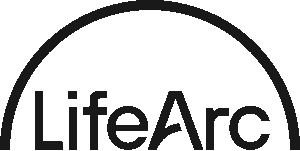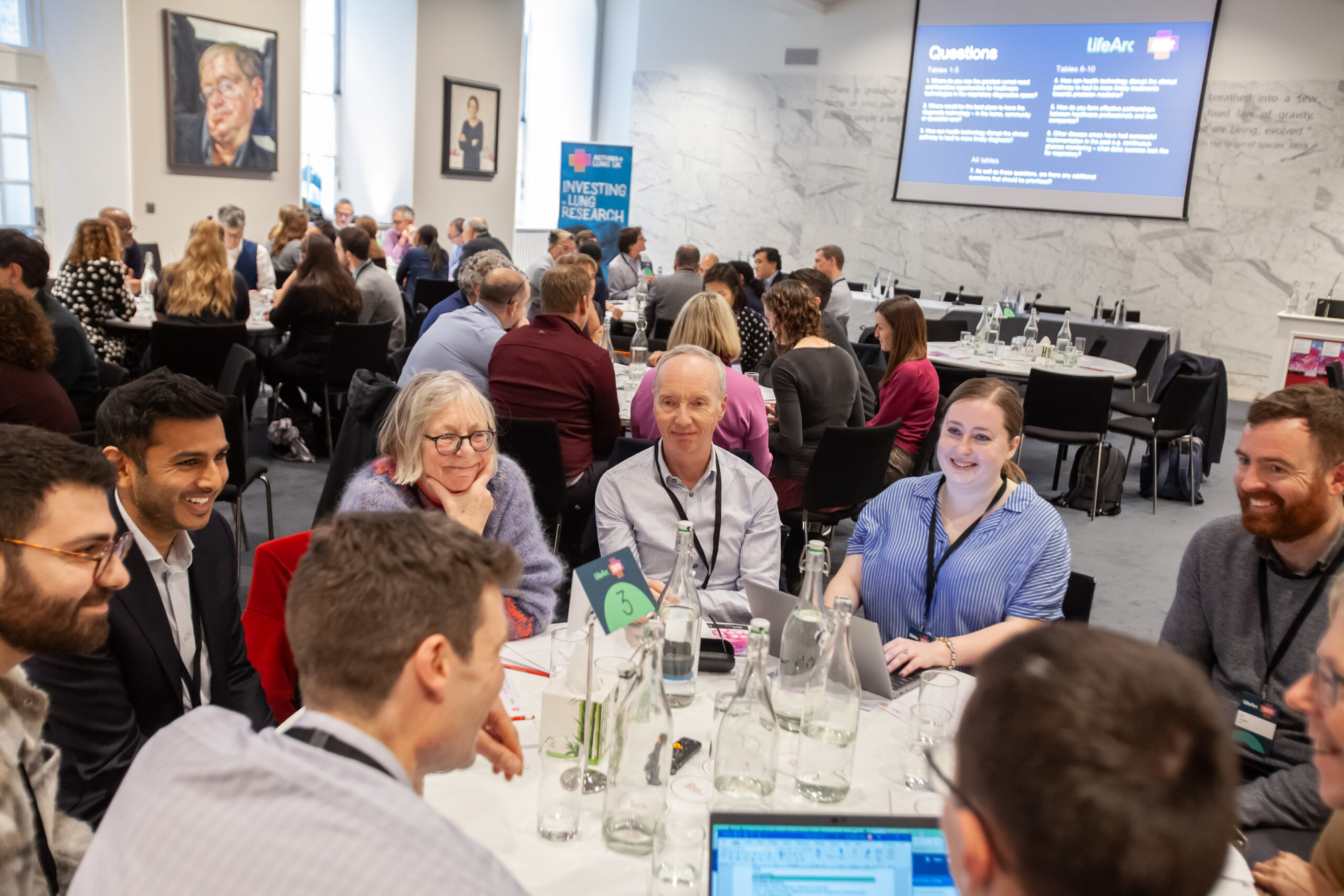LifeArc scientists were instrumental to the development of the world’s first monoclonal antibody targeting a receptor related to inflammation in the airways – now poised to enter a first-in-human, early clinical trial in the US.
An Investigational New Drug (IND) application for SinoMab’s first-in-class asthma therapeutic antibody SM17 (humanised anti-IL17BR) has been accepted by the US Food and Drug Administration (FDA). If successful in early clinical trials in the US, the novel therapeutic could provide a new treatment option for people who are affected with severe asthma.
LifeArc scientists worked with researchers in Cambridge to generate and humanise the antibody before it was licensed to SinoMab to test and develop further. The company has just started the first patient study of SM17.
Attractive therapeutic target
Asthma is a chronic condition that affects the airways in the lungs and can cause symptoms like coughing, wheezing and breathlessness. In the UK, around 5.4 million people have asthma. They often have sensitive, inflamed airways that narrow, or constrict easily in response to specific triggers, such as infections or allergens. An estimated 250,000 adults and children live with a severe form of asthma – a type which doesn’t get better with the usual medicines.
People living with severe asthma are at risk of more frequent asthma attacks, compared to people with mild or moderate asthma, resulting in a stay in hospital. The impact on the daily lives of patients and their carers can be considerable.
Dr Andrew McKenzie of the MRC Laboratory of Molecular Biology (LMB) discovered a type of immune cell called group 2 innate lymphoid cells (ILC2s). These are largely located on the inner surfaces of the airways (such as the lungs) and act as sensors for tissue damage, infection and any foreign particles that invade the airways. These cells regulate the Th2 immune response by releasing specific inflammatory molecules called cytokines, which signal the immune system to get to work.
Blocking the activity of a receptor – called interleukin-17 receptor B (IL17BR) on the surface of ILC2s could be an effective way to reduce inflammation in the airways. Targeting IL17BR offers the advantage of blocking the production of several cytokines, which is predicted to have a broader effect on reducing inflammation of the airways and to provide more effective asthma control than current therapeutic antibodies that target specific cytokines.
Antibody development
LifeArc collaborated with Dr McKenzie’s team to generate a clinical candidate antibody targeting IL17BR. The project was split into two phases: generating and selecting a mouse monoclonal antibody against IL17BR, followed by humanisation of the lead candidate.
“By immunising transgenic mice, we generated several candidate monoclonal antibodies that bound to IL17BR – and then ranked them according to their functionality using a cytokine stimulation assay,” said Richard Brown, Senior Scientist at LifeArc who worked on the first stage of the project.
“After shortlisting antibodies with the most promising properties, we then selected one candidate for humanisation.”
LifeArc scientists have extensive experience in using antibody engineering technology to ‘humanise’ mouse monoclonal antibodies and reduce the likelihood of being rejected by the body. The approach involves replacing more and more of the mouse antibody sequence with human antibody sequence – until the only remaining parts of mouse origin are those critical for stability or binding to the target. During this process, a group of humanised antibody candidates is produced and assessed in a range of assays to identify the lead clinical candidate.
“We encountered some challenges during the humanisation process, which required additional engineering of the antibody to improve its developability profile,” says Seema Patel, Senior Scientist at LifeArc who was the lead scientist for the humanisation phase.
“Although it’s early days, it’s rewarding to know that this antibody is entering early clinical trials and could potentially make a difference to patients, such as those suffering with severe asthma.”
In 2019, SM17 was licensed out to SinoMab to be developed further into a therapeutic. It is the world’s first humanised therapeutic antibody against IL17BR and has a wide range of potential indications, including asthma and other inflammatory conditions such as idiopathic pulmonary fibrosis.
Work with us
Find out more about LifeArc’s antibody engineering capabilities – from initial generation to lead candidate – and ways of working with us.



